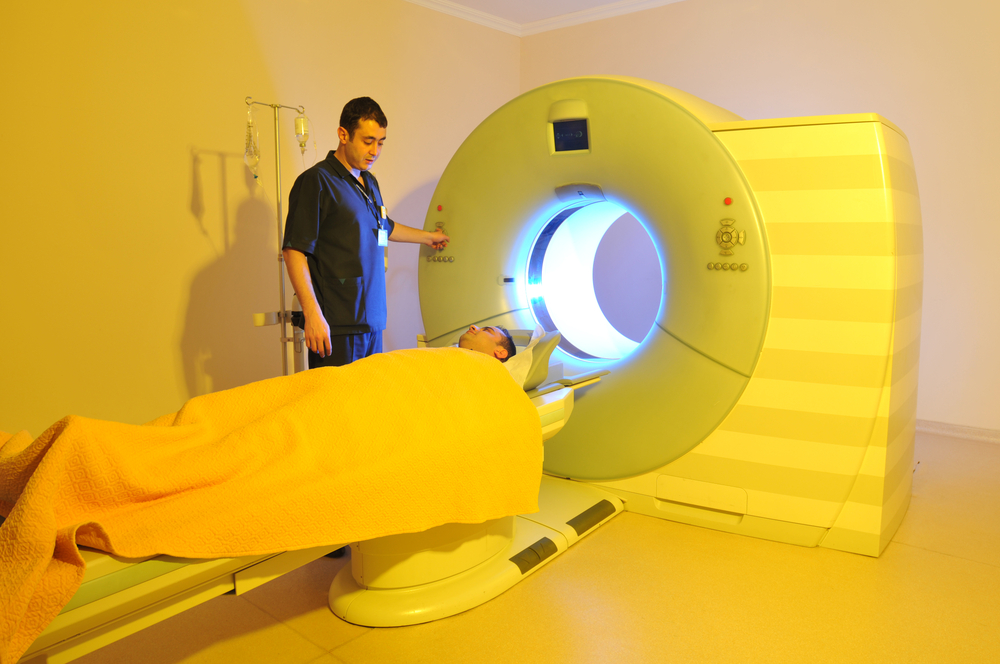The U.S. Food and Drug Administration (FDA) has cleared the first spacer for the U.S. market designed to protect the rectum of prostate cancer patients while receiving radiotherapy.
The medical device is called SpaceOAR and was developed by Augmenix, Inc. to provide a minimally invasive method of improving cancer radiotherapy outcomes.
The hydrogel-based product is meant to position the patient’s anterior rectal wall during radiotherapy to locate it far from the prostate and protect the organ from radiation exposure. SpaceOAR intends to fulfill an unmeet medical need, as radiotherapy can be beneficial for treating prostate cancer, but can prove difficult in providing an adequate level of radiation that does not injure the rectum (at risk due to prostate proximity).
“For years, hydrogel products have been used safely to protect the most sensitive parts of the body as sealants and adhesion barriers, and now prostate cancer patients will also be able to benefit,” explained the CEO of Augmenix, John Pedersen. “FDA clearance of the SpaceOAR System represents a significant development in advancing the safety, precision and flexibility with which prostate cancer radiotherapy can be delivered. Our focus at Augmenix will now turn toward working judiciously with providers to make the SpaceOAR System available to patients in the coming months.”
The spacer is placed using a small needle, which delivers the liquid hydrogel that solidifies, creating an expandable soft gel that enlarges the space between the prostate and the rectum. During radiotherapy, the hydrogel spacer keeps the space, which then returns to a liquid state that is absorbed by body and later expelled through the urine.
“SpaceOAR hydrogel is a valuable new tool for urologists and radiation oncologists and should be instrumental in the adoption of advanced prostate cancer radiotherapy protocols,” continued the principal investigator in the SpaceOAR clinical trial, John Sylvester, MD, of Lakewood Ranch Oncology in Bradenton, Florida. “Shielding the rectum from radiation may enable the utilization of dose escalation (more prostate radiation for improved cancer kill rates) and hypofractionation (fewer radiation treatment sessions), both of which should have substantial patient benefits and help reduce healthcare costs.”
FDA’s decision was based on the results from the SpaceOAR System’s prospective, multi center, randomized clinical trial that revealed the capacities of the product to significantly reduce rectal radiation dose and severity of late rectal toxicity in comparison with patients that were not administered with the system. The study outcomes on SpaceOAR, which have already received a CE mark and TGA approval, were submitted for publication in a peer-reviewed journal and may be published later this year.
[adrotate group=”1″]


